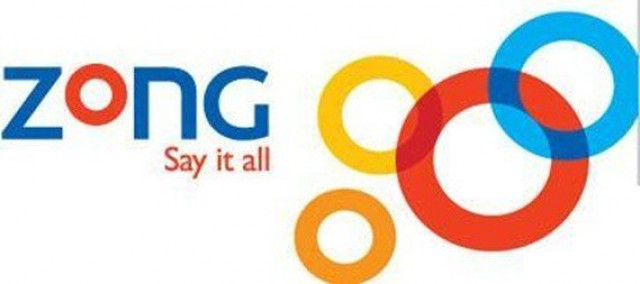Zong announces over $300m investment during 2016
Says company looking to expand network, but wary of high tax rates

Says company looking to expand network, but wary of high tax rates.
However, this amount is significantly lower than last year’s invest of $1 billion due to the rising taxes levied on the telecom sector in the country, said Malik as he addressed a press conference in Islamabad on Friday.
Mobile broadband demand growing at rapid pace

The deputy CEO said that Zong planned to expand its fourth generation (4G) services to 60% and third generation (3G) to 100% by the end of 2016, and for which a hefty investment will be made during the year. However, Malik expressed his concerns over the high tax rates on the telecom sector, saying that this not only affects the company and its customers, but also has adverse effects on the country’s gross domestic product.
“These high taxes adversely affect the telecom industry and are eventually adding to the miseries of cellular subscribers,” he noted.
He mentioned that Punjab has set a great example by abolishing the 19.5% tax on mobile internet services.
“We hope that other provinces will follow the same course. This is essential to allow the telecom industry to flourish further”, he stated.
Pakistan's LTE speeds one of the slowest in the world
He said that the rational tax regime will strengthen Pakistan economically and help its people. Currently, he said, more than 2,700 sites of Pakistan are powered with 4G services and it is part of Zong’s plan for 2016 that this number would be doubled.
According to Malik, the China Pakistan Economic Corridor is another opportunity for the telecom sector as large number of Chinese investment companies are heading to Pakistan. “We want to digitalise Pakistan with the latest telecom technology and quality services.”
Published in The Express Tribune, February 27th, 2016.
Like Business on Facebook, follow @TribuneBiz on Twitter to stay informed and join in the conversation.


















COMMENTS
Comments are moderated and generally will be posted if they are on-topic and not abusive.
For more information, please see our Comments FAQ